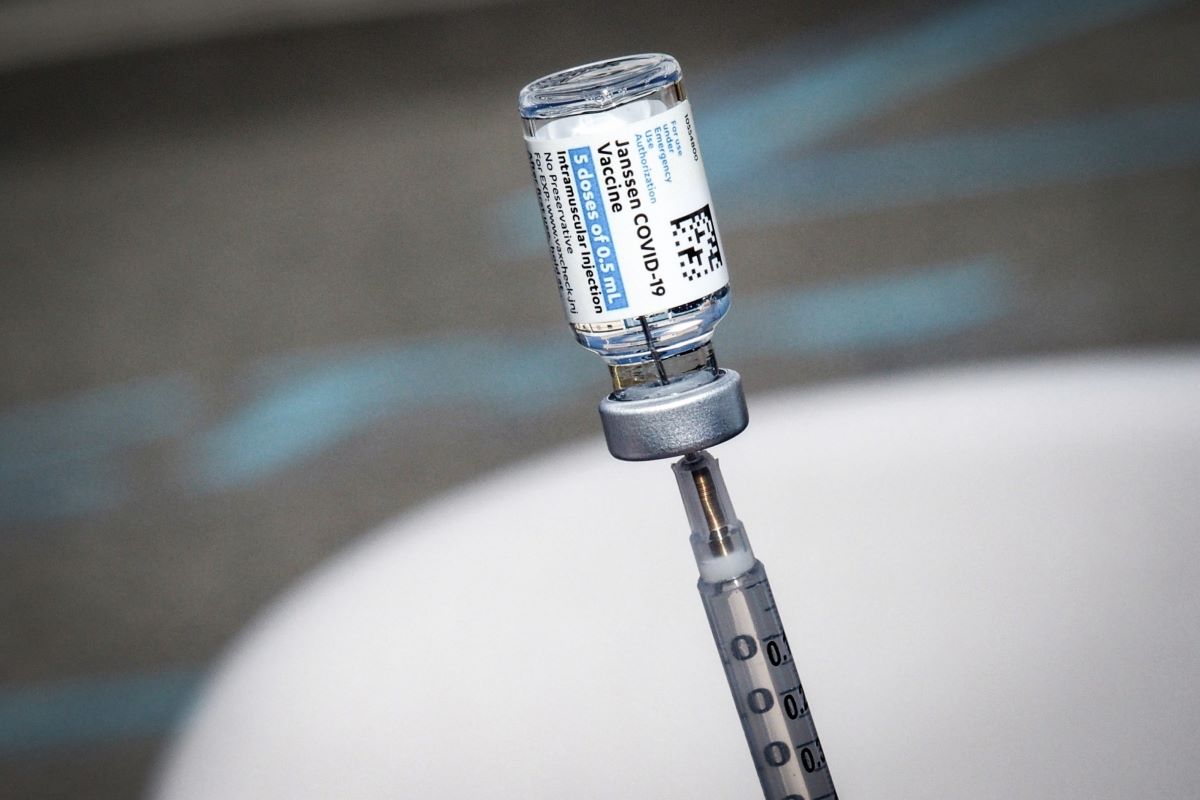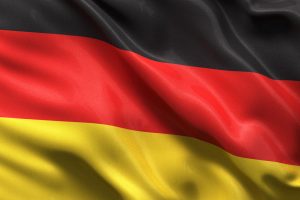Johnson & Johnson on Tuesday announced that its booster shot, given two months after the first shot, provided 94 per cent protection against Covid-19 in the US.
When given two months after the first shot, the antibody levels rose four to six times higher than observed after the single shot, the company said in a statement.
Advertisement
A booster shot post six months after the first increased antibody levels nine-to 12-fold four weeks after the booster, regardless of age.
“We now have generated evidence that a booster shot further increases protection against Covid-19 and is expected to extend the duration ofAprotection significantly,” said Paul Stoffels, Chief Scientific Officer at Johnson & Johnson, in the statement.
While the 94 per cent efficacy rate for the J&J booster shot is for the US, globally, a booster shot given about two months after the first dose is 75 per cent effective against symptomatic infection, according to the company. It also demonstrated 100 per cent effectiveness against severe and critical disease, it said.
The company has provided the available data to the US Food and Drug Administration (FDA) and plans to submit the data to other regulators, the World Health Organisation (WHO) and the National Immunisation Technical Advisory Groups (NITAGs) worldwide to inform decision-makingAon local vaccine administration strategies, as needed.
The company also released data from a real-world study that compared 390,000 people who received the Johnson & Johnson Covid-19 vaccine versus 1.52 million unvaccinated people. The findings showed that a single dose of J&J vaccine provided strong and long-lasting protection against Covid-related hospitalisations, demonstrating 81 per cent effectiveness after several months.
“A single-shot Covid-19 vaccine that is easy to use, distribute and administer, and that provides strong and long-lasting protection is crucial to vaccinating the global population,” Stoffels said.
Last week, Pfizer showed that its Covid booster can prevent both infections and severe illness in elderly, shortly after the injection, in a new study conducted in Israel.
The study published in the New England Journal of Medicine showed that 12 days after the booster dose, the rate of infection was eleven-fold lower and of severe disease nearly twenty-fold lower in those who received a booster compared with those who had received only two doses.
However, it was rejected by a US FDA panel for broader use among people aged 16 and above. However, the panel has approved a booster shot of Pfizer’s Covid vaccine to people aged 65 and above.











